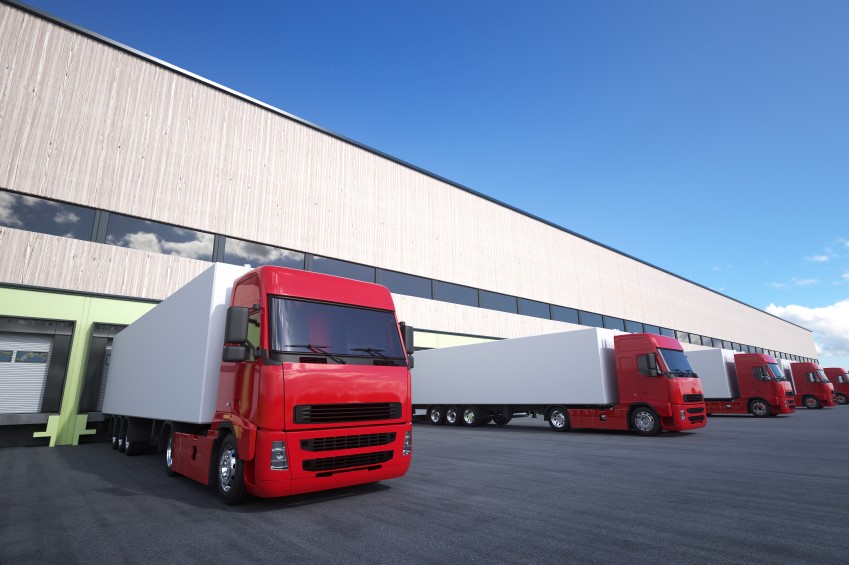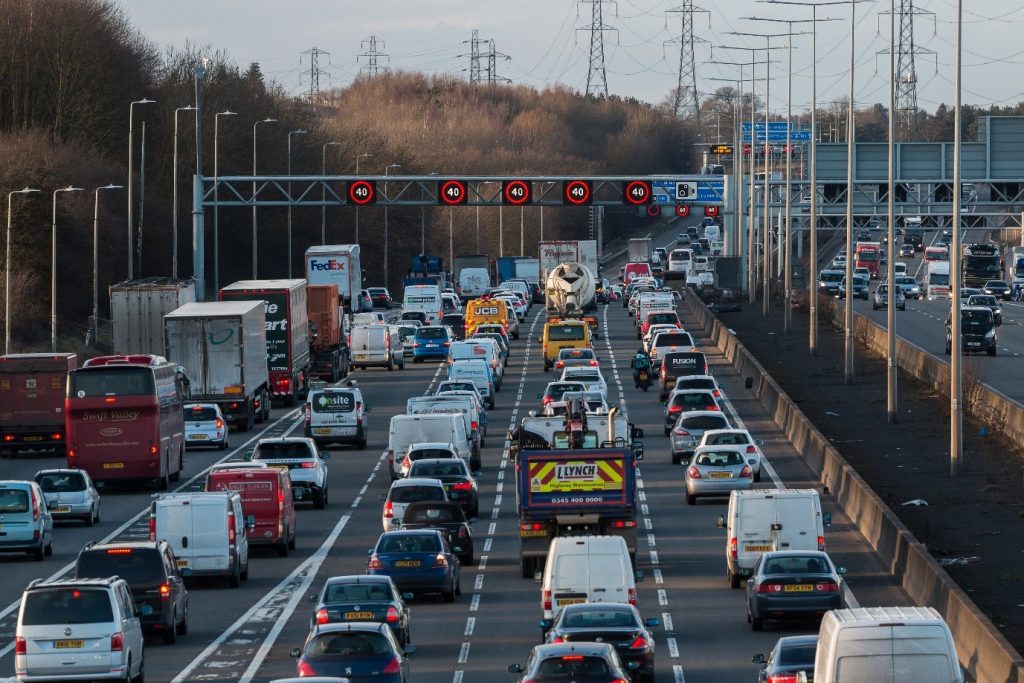Population of Lorries on UK Roads – What’s the Impact?
According to the Department of Transport, a total of 327.1 billion miles were driven on Great Britain’s roads in 2017, a slight increase of 1.3% on the previous year. Whilst only 5% of vehicles on Britain’s roads were heavy goods vehicles (HGVs), the impact they have on other road users’ journeys and the environment are often highlighted as key issues in the national media.
In this article, we will take a closer look at some statistics of lorries on Britain’s roads over the past few years and highlight some of the issues that we could be facing if things don’t change.
Lorries on Britain’s Roads
In 2017, lorries travelled 17 billion miles, a 1.2% increase than in 2016. This continued the trend of an increasing number of lorries on Britain’s roads, with 9.6% more being recorded on our roads than 2012.
Interestingly, lorry traffic on motorways reached an all-time high in 2017, with 7.9 billion miles travelled. Motorway traffic accounted for 46% of the total lorry traffic in Great Britain, with motorways and rural ‘A’ roads carrying 83% of all lorry traffic.

What is Affecting Lorry Traffic in the UK?
According to the research carried out by the Department of Transport, the amount of lorry traffic in the UK is heavily influenced by changes in the economy. Between 2007-2009, Gross Domestic Product (GDP) fell by 4.6% and lorry traffic fell by 10.3% alongside this. In contrast, between 2012-2017, UK GDP grew by 11.7% and lorry traffic mirrored this by growing 9.6%.
Before the steady increase over the last few years, when the recession hit in 2008, both GDP and lorry traffic fell sharply. Since 2012, there has been a sharp uptake in the number of lorries seen on UK roads as the economy has begun to recover once again.
What is the Impact of Lorries?
Now that we have established that there definitely are more lorries on our roads than previous years, it’s important to consider what the impact of these vehicles is on the UK as a whole and even on a global scale. Increasing numbers of lorries means an even larger amount of emissions and a greater chance of traffic congestion. Here’s a more detailed look at each of these issues faced by haulage firms in the UK:
- Greater Strain on the Environment – One of the biggest issues faced by the haulage industry is balancing the need to transport goods, whilst also being environmentally conscious. It’s no secret that fuel consumption puts a huge strain on the environmental sustainability of the planet, so haulage companies must take great care to take steps to reduce their carbon emissions. A good place to start is by installing a modern fuel management system, so fleet managers can keep a close eye on the amount of fuel used by each vehicle in their fleet.
- Increasing congestion – it’s no secret that the UK’s roads are becoming more congested each year, but it could be argued that this is necessary for a number of reasons. With more reliance on carrying freight and products up and down the country, there is inevitably going to be an increase in the amount of vehicles on our roads each year. Whilst this could definitely present significant problems in the future, things are being put in place to minimise their effect on other road users. Such as self-driving technologies which will reduce the amount of congestion on our roads each year.
- Road condition – Over time, vehicles cause damage to the roads they are travelling on. For heavier vehicles carrying large loads from one place to another, there is a disproportionately large impact upon the roads surface. In 2016/17 over £4.5 billion was spent on the maintenance of roads in England, a major contributing factor to this figure is likely to have been lorries.
It’s fair to say that things must be done to ensure that the growing number of lorries on our roads is managed to be as sustainable for the environment and other road users as possible.

If you are a fleet manager and are looking to reduce the amount of fuel wastage in your fleet, be sure to consider investing in a modern fuel management system. Here at Fueltek, we have a team of experienced professionals who are on hand to tailor all fuel management systems to your specific requirements. From installation of a fuel storage tank, right through to continued fuel monitoring for your fleet, we have you covered.







